May 30, 2018
Low unemployment means new recruits will quit if the job doesn’t measure up

Alongside the challenge of finding the right people to fill roles is keeping them there, according to a survey from Korn Ferry which claims that the majority (93 percent) of employers agreed that the retention of new hires in their organisation is becoming an issue. New recruits individuals agree, with 26 percent admitting they’d leave a job if it wasn’t a good fit, even if they didn’t have another position lined up. The top reasons new hires leave, according to the survey, is their specific role isn’t what they expected and working for the company was different than they thought it would be. Respondents said a desire for more money was not a primary reason a new hire would leave. More than half of the respondents (55 percent) said that offering more money to a new hire who wanted to leave would not make them stay and more than three quarters, (82 percent) said that if they personally accepted a job that they ended up not liking, even though it paid well, they would leave as soon as they found a new job.





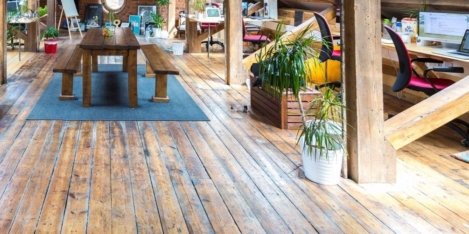
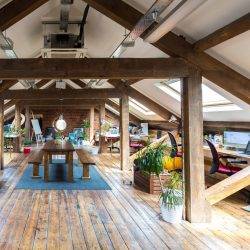



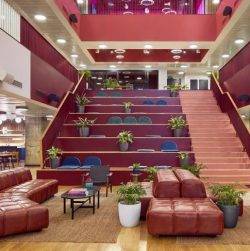

 UK businesses are already one of the top employers of short contract “gig workers” at an international scale and with Brexit just around the corner, a new
UK businesses are already one of the top employers of short contract “gig workers” at an international scale and with Brexit just around the corner, a new 
 Eight in ten workers use their personal smartphones for work purposes to make their jobs easier as almost half report wasting 10 minutes per hour in their working day due to their employers’ ineffective technology. According to the
Eight in ten workers use their personal smartphones for work purposes to make their jobs easier as almost half report wasting 10 minutes per hour in their working day due to their employers’ ineffective technology. According to the 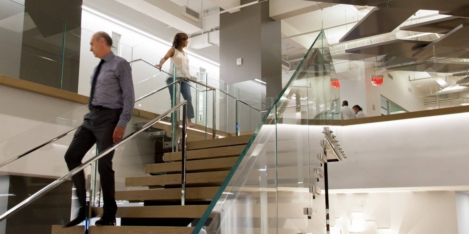
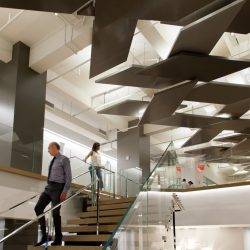

 With companies holding ever greater amounts of data and facing heightened scrutiny through social media, employers need to consider the wider implications of their business decisions. This was the message of the President of the
With companies holding ever greater amounts of data and facing heightened scrutiny through social media, employers need to consider the wider implications of their business decisions. This was the message of the President of the 

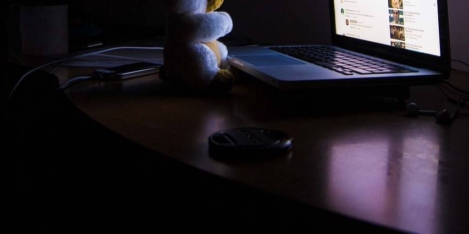











May 18, 2018
The toxic workplace is not only about culture, but is a very real physical problem
by Johanna Ljunggren • Comment, Environment, Workplace design
(more…)